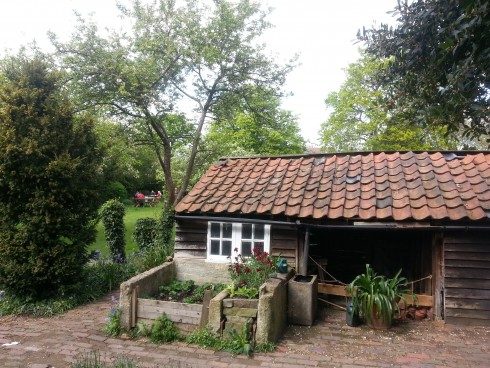Interesting post from the SEDA blog although part of me thinks that I used to do that when I was a student - does it need to be organised and taken over by 'educational development'.
Category: play
Remix Play Summit: Personal reflections
A day workshop in February 2017, organised by Game Changers at the Disruptive Media Learning Lab at Coventry University.
The day was an interesting fun day with a broad range of speakers and activities, ranging from commercial computer games, to traditional games and games designed for learning, reflecting the development and interest in gamification and ‘serious games’.
One thing that struck me, in this mixture of things, was an interesting confusion about what we were talking about, certainly when I started playing with ideas about ontology. At a superficial level, there was a lack of clarity about the nature of the activities, for example a reference to a flight simulator as a game, there are flight simulation games, but a flight simulation is very much not a game and one of the design features, in common with other simulations is how you reduce the game element (learning that accidents are fun and you can reset the machine and have another go is not a good thing for a pilot to learn). More fundamentally, was the issue about the nature of play. We switched from play as an aspect of games, as in children’s and theatre games, Bernie DeKoven, to discussion about whether Universities could be playful, to mention of playfulness as a personal characteristic or attribute. I spent a lot of the day returning to the later, although it wasn’t a major element of the day, with thoughts about play and reflection, and experimentation (Kolb), immersion and the flow state and the psychological conditions for playfulness with thoughts about the psychoanalyst Winnicott. It also perhaps relates to attachment theory – is it a sign of security that someone can engage fully in playful activity, temporarily losing themselves in the play?
The idea of play at University was a theme of the day, with lots of criticism of developments in education being a reduction of play and creativity. I am not sure whether playfulness is a characteristic of University, or of education and although I know that one of my tutors who was involved in the setting up of Sussex University was very informed by Winnicott, but it was me rather than the University that was playful. Thinking of my more recent of Higher Education I have come across pockets of organised playfulness, interestingly more in the sciences than humanities, but not many – learning is a serious business.
The relationship between games and play is an interesting one to consider, many computer games are serious business too, which is why I think I have never got into them in a significant way. This goes back to the sense of independence and freedom in play. Gamification in education, using competition and the structure of games to engage students is not about developing their independence and creativity.
So the question I am left with, as a psychologist and an educator is whether playfulness is an important aspect of development that needs to be more recognised, encouraged and included in our learning outcomes.
There was a lively twitter discussion during the day.
